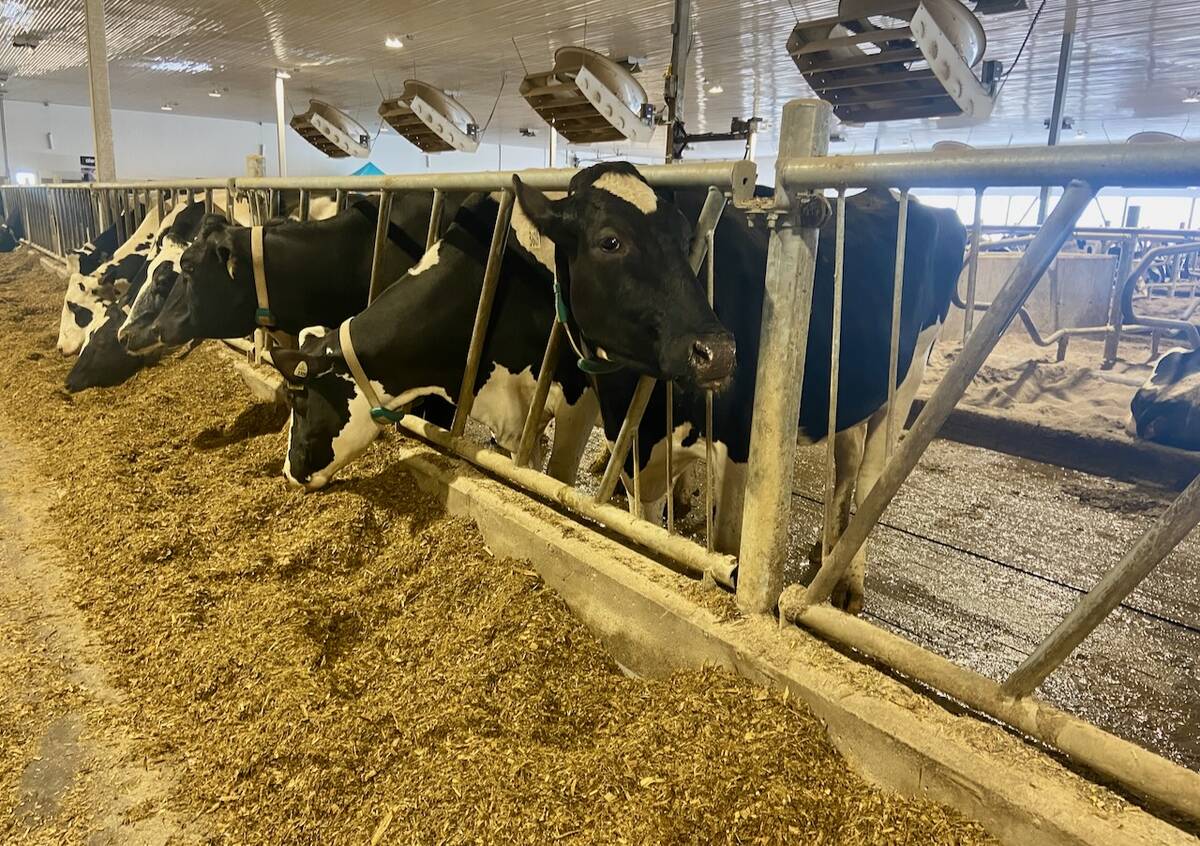news
The Western Barley Growers Association doesn’t want voting in future Canadian Wheat Board directors elections to be limited to CWB permit book holders.
A resolution passed at the association’s recent annual meeting proposed that ballots should be available to farmers who have produced 40 tonnes of grains, oilseeds or pulses in the past two years or had $10,000 worth of sales of these crops. Rather than relying on a list of wheat board permit book holders, the resolution said the voters list should be drawn from Canadian Agricultural Income Stabilization records.
Read Also

U.S. farm group supports supply management
U.S. grassroots farm advocacy group pushing new agriculture legislation that would move towards supply management like Canada has for dairy industry
As well, farmers who complete a statutory declaration should also be eligible to vote.
Albert Wagner, who farms near Edmonton, said using permit books excludes too many eligible farmers, especially in Alberta where many have decided not to use them for their own reasons. Nor should the ballot be restricted to those who grow wheat and barley.
“If you produce the grain and sold it to someone else, you had a legitimate right to vote,” he said.
Wheat board director Jim Chatenay said there were 238,000 permit book holders when he joined the board nine years ago. Today 53,000 permit books have been issued.
“That is a trend that isn’t very healthy,” he said.
Besides opening the vote to a wider range of farmers, Chatenay said a weighted ballot should be issued to allow larger producers to have more say because they control a greater amount of grain. Their votes should not be cancelled by someone growing small amounts of grain.
Under the 2006 voting rules, the list was open to producers or landlords as listed in CWB permit books in one of the two previous crop years. As well, producers without a permit book could sign a declaration that they were an actual producer of one of the six major grains in one of the two previous crop years or was entitled to a share of the production as a landlord.















